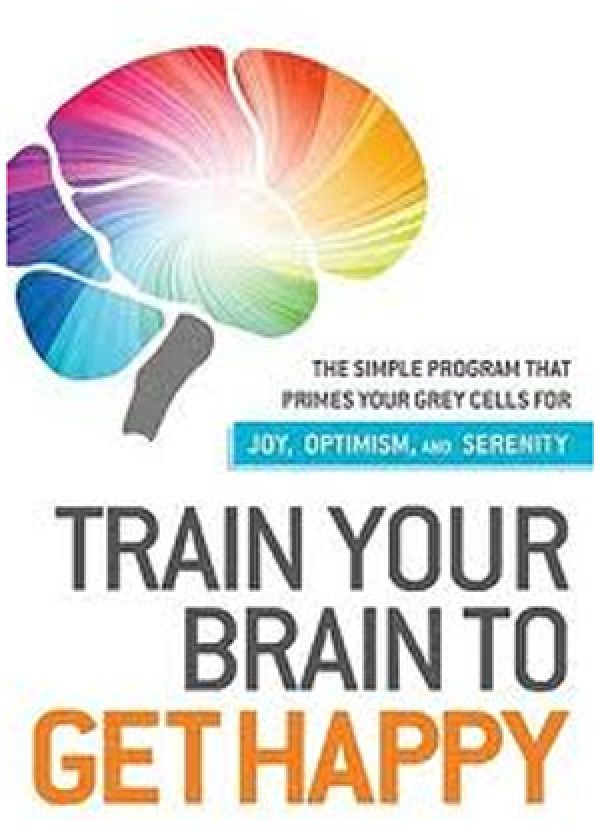In a world first, the organisation has released a publicly funded program aimed at reducing the risk of developing dementia. The program, Your Brain Matters, guides people on what they should do to live a healthy brain life.
"Being brain healthy is important at any age and Alzheimer's Australia encourages people of all ages to live a brain healthy life," said Buttrose.
"Research suggests that living a brain healthy life, particularly during mid-life (those aged 40 to 60 years), may reduce a person's risk of developing dementia later in life. But it's even better if people do this earlier. However, there are no guarantees as dementia cannot yet be prevented or cured."
Buttrose said that living a brain healthy life will also benefit those that have already been diagnosed with dementia. "Remaining active and socially engaged, treating depression and managing vascular risk factors may help slow the progression of cognitive decline. There is good evidence to recommend an individualised exercise program for people with mild to moderate dementia," she said.
"Aged care workers can encourage and facilitate brain healthy lives through a range of strategies which include mentally stimulating activities, social activities, healthy diet, regular physical exercise." This includes strength and resistance training, encouraging smoke-free lifestyles, managing blood pressure, cholesterol, blood sugar and weight.
Buttrose encourages staff to take a holistic approach to brain health by incorporating a variety of activities into the routines of the elderly. "None of this is rocket science – it adds up to what we know makes sense, namely being physically active and socially engaged," she said.
Research by Alzheimer's Australia shows many people are unaware of the strong ties between physical and brain health and the importance of being mentally and socially active. "In particular, surveys indicate the majority of Australians are not aware that reducing vascular risk factors, such as smoking, high blood pressure and cholesterol, can reduce dementia risk," Buttrose explained.
"By encouraging people to look after their brain, body and heart we hope to stem the rising dementia epidemic in the long term. However, much more needs to be done to encourage and facilitate lifestyle and behavioural changes.
"The good news is that by living a brain healthy life, people will also reduce their risk of developing other chronic diseases such as stroke and diabetes. So it's important we all look after our health and wellbeing throughout our lives." Your Brain Matters, see www.yourbrainmatters.org.au




